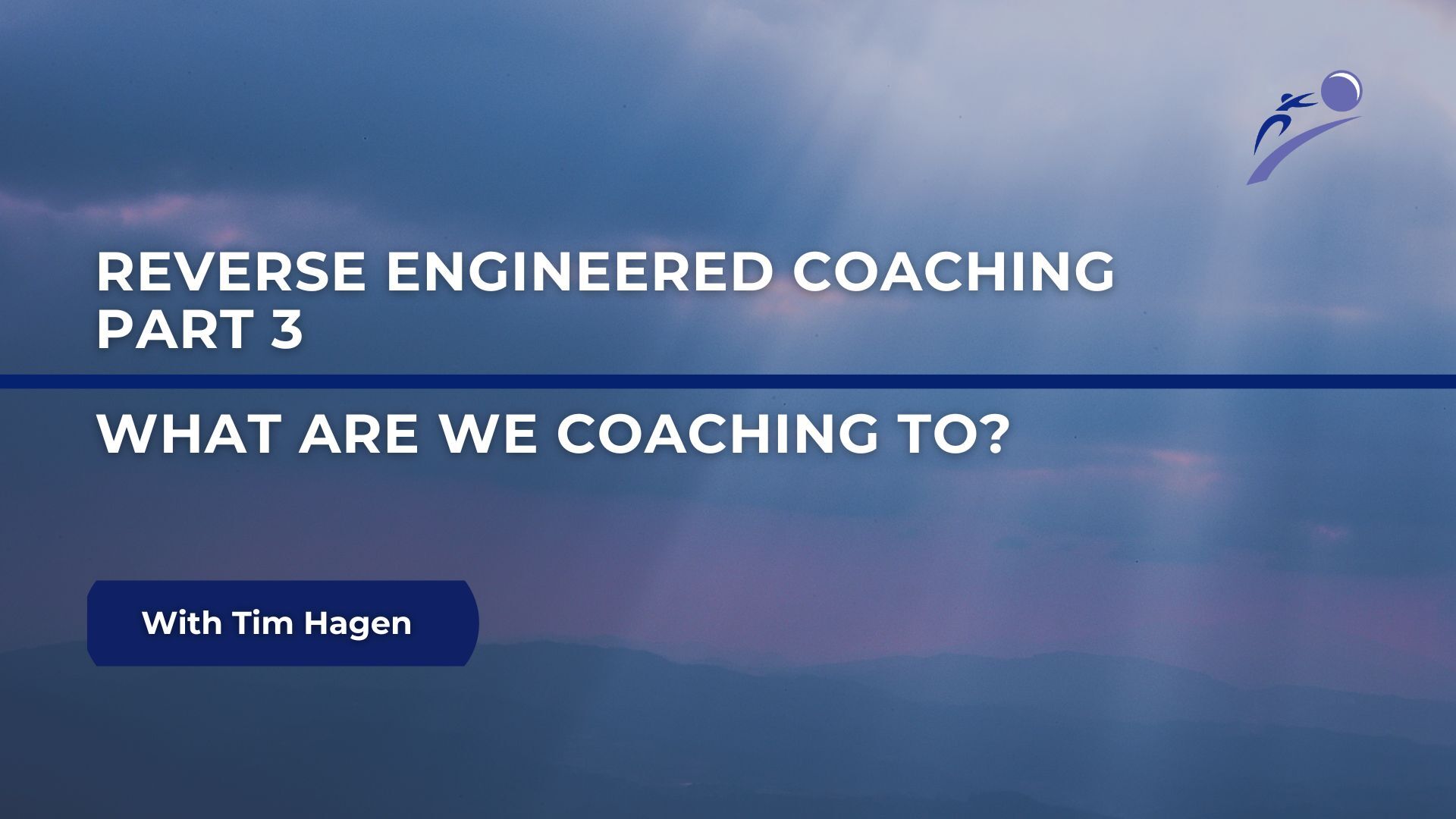
What do I think is the ideal coaching conversation? The ideal coaching conversation is one that is genuine, but centric, and focused on the employee. It is critical managers not judge themselves too harshly when coaching. Coaching is an art and not a science; therefore, it's imperative we schedule sessions and maintain a consistent approach to coaching employees.
The main reason for this is that it allows us to drive a process and not be dependent upon an event where one coaching session makes or breaks the development of an employee. Employees will respond positively if the managers are engaged, are asking good questions, and genuinely interested in gaining clarification of their strengths; as well as, their weaknesses or areas that are challenging to them. Furthermore, the ideal coaching session isn't just one, but rather a series of coaching sessions that build upon one another.





